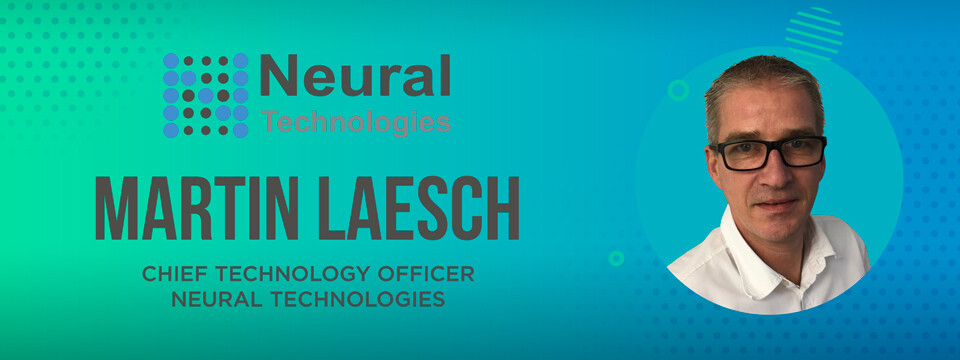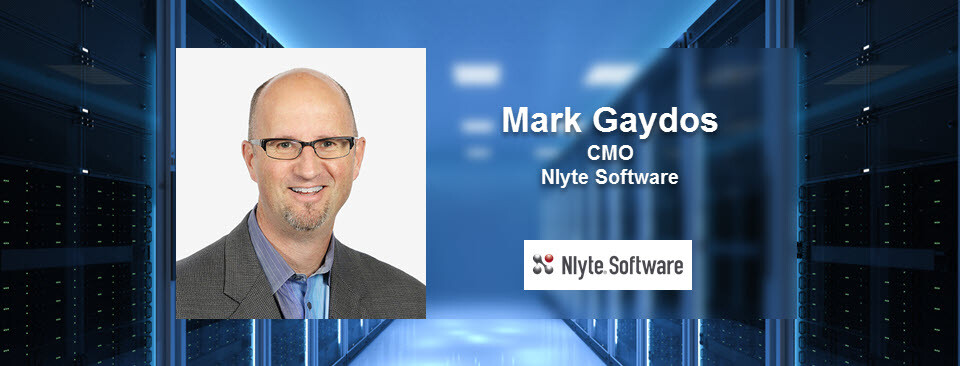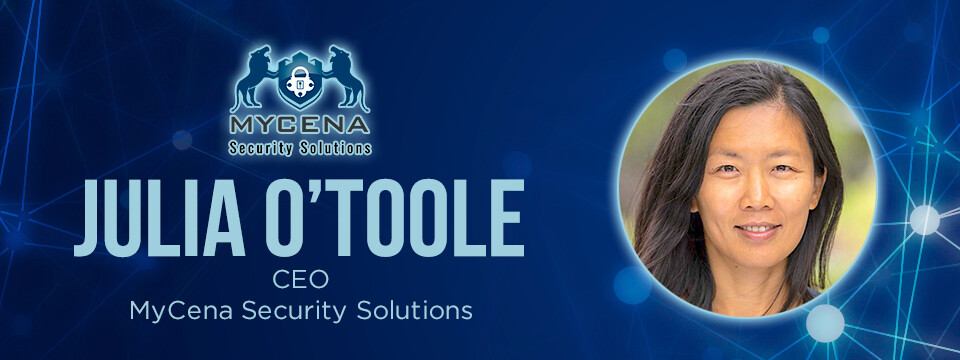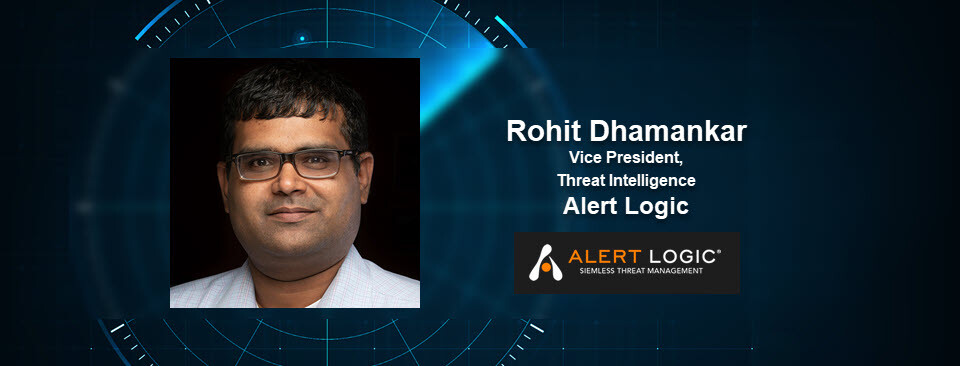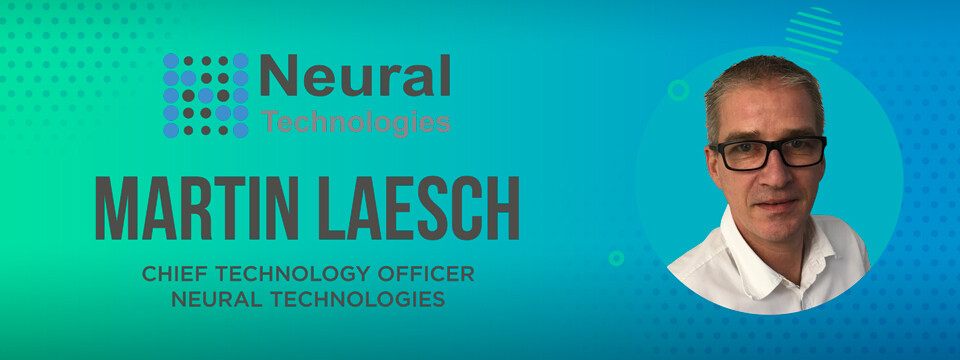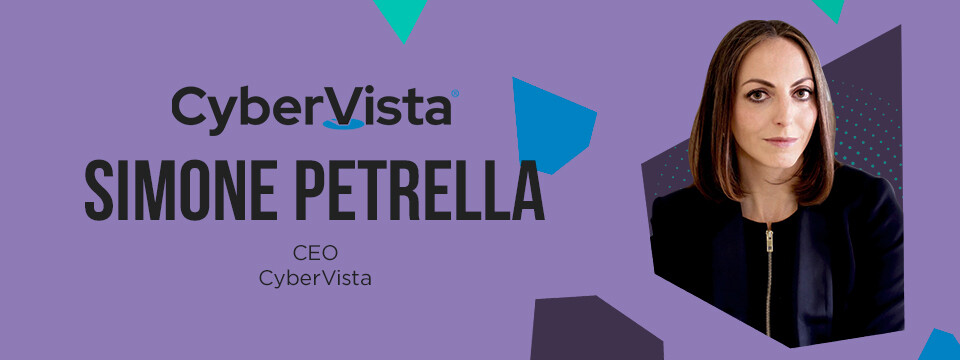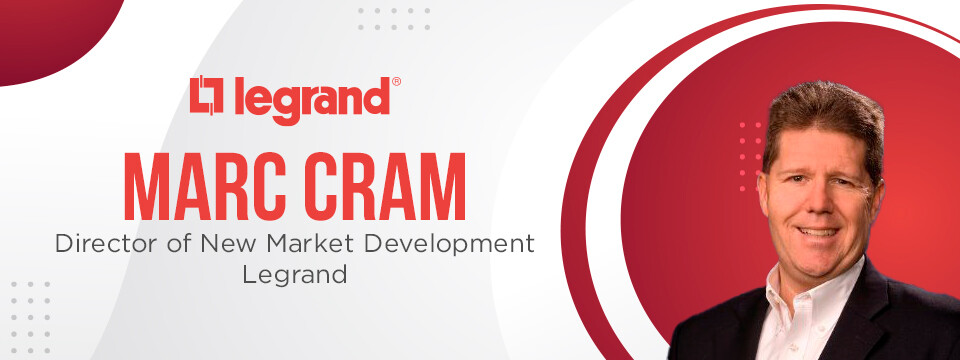By Martin Laesch, Chief Technology Officer, Neural Technologies
As our digital ecosystem becomes increasingly connected, enterprises face unprecedented levels of unique customer service demands. To do more than just survive in today’s business environment, organizations need adaptability, innovation, and flexibility. To thrive, enterprises must maximize their ability to charge for personalized services, which end users now expect and demand in our ever-connected world.
The rise of personalized demands
As customer service providers move to 5G, more Internet of Things (IoT) applications and connected markets are creating new experiences and new potential services. Consumers are at the center of this drive, as they expect to contribute to and dictate a unique, customized experience with many digital experiences at their fingertips. From connected smart homes to wearable technologies, the more personalized the experience is, the more value it brings to the consumer’s life.
The majority of consumers said they would be willing to pay more for a customized product or service, according to research by Deloitte. In addition, businesses that do not create personalized experiences risk losing revenue and customer loyalty. However, it is not easy to make sure that each customer has a unique experience while still making a profit.
In such a competitive landscape, each opportunity to meet a unique service demand needs to be recognized as an opportunity to explore a new potential revenue stream. With personalized services dictating customer loyalty, providing such services is becoming more of a necessity for sustainable business growth, as opposed to an option. With so many personalized and individual needs to be met, an automated approach to charging for services is the only feasible way to charge customers accurately.
Nothing is too complex
As enterprises rise to the challenge of managing the complexity of services and accurately charging for them, they will turn to a flexible, automated solution that will successfully support the progression of its business model. Within this, they will need to adapt and create new tariff structures for unique services.
An automated, flexible, multi-levelled tariff ecosystem is being used by leading telecom operators to enhance customer experience and attract loyal customers. This approach is an automated solution that uses deep analytics to identify and charge customers for the unique services they require. The use of dynamic technology can support the growth of business models through its power to innovate new services using data intelligence at the time when a customer needs it the most. Fundamentally, using a charging solution can help measure what customers want and position processes and resources to deliver.
Harnessing data intelligence
The learning process is key within this relationship between the personalized service and the customer. It needs to be right, and getting it right is different every time. The use of sophisticated Machine Learning (ML) technologies is the difference between making the right business move and making the wrong business move. By using data intelligence and deep analytics, enterprises can make more informed business decisions based on what the customer wants, and which services are needed.
Following years of delivering ML solutions to enterprises and telecommunications service providers around the world, Neural Technologies has witnessed first-hand the power of digital transformation solutions to support the growth of business models and revenue streams. The use of data is available to every enterprise. With the support of a leading ML solution, it can harness this data and automate effective and profitable charging processes.
Avoiding revenue leakage
While a flexible charging solution helps identify new services to charge customers for, it also helps capture services that are not being charged for. Using data intelligence, the technology can capture and report discrepancies and prevent customers from being over-charged or under-charged. Amid a constantly evolving tariff system, a flexible service charging model is necessary for retaining loyal customers. With the use of automation, a flexible charging system can also help enterprises meet customer service demands in “real time” and maximize profitability from these transactions.
As a complete cloud-based charging, analytics, and revenue assurance platform, CaaS has the ability to adopt a wide variety of tariff structures at any level of complexity. This includes all charging deployments, from peak hours, to discounts, to geo-zoning, ensuring that all scenarios of customer usage and billing are covered. Being a multi-levelled tariff ecosystem, CaaS can support use cases such as Utility Metering, IoT Rating, Revenue Assurance, and Billing Reconciliation.
The solution provides both maximum flexibility and profitability to improve customer experience and enhance profits, while future-proofing the network and leaving room for inevitable structural evolution. Offering effective solutions to facilitate operations in every aspect of customer charging, it works to develop innovations that not only serve the purpose of optimizing current network efficiency, but also support continual growth, both corporately and technologically.
To help combat the challenges faced within the industry, CSPs are increasingly harnessing revenue assurance capabilities to guarantee an accurate and safe revenue stream with no leakages. With built-in platform security, this type of solution also offers cutting-edge data quality, ensuring an accurate and secure means of transformation, while maintaining ROI and enhancing customer experience.
Bio
Martin Laesch joined Neural Technologies in October 2015 as Senior Vice President of Professional Services and is now the Chief Technology Officer. Martin is responsible for the global Strategy and Products, Solutions development as well as the Consultancy Services to customers. Martin has more than 20 years’ experience in telecommunications services and the software industry, filling roles from Project Manager to Managing Director. Martin joined Neural Technologies in October 2015 by acquisition of Enterest GmbH, which he co-founded in 2003. Martin holds a Master of Computer Science degree.

